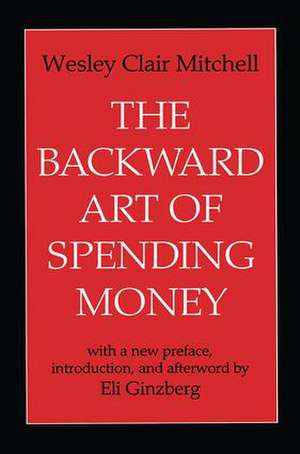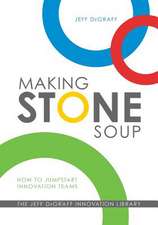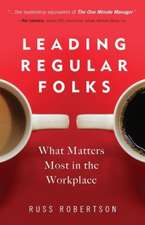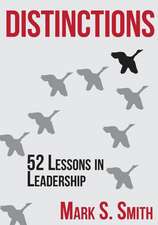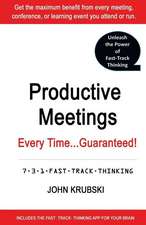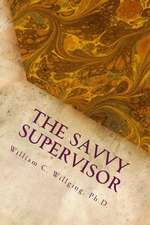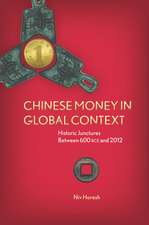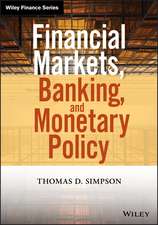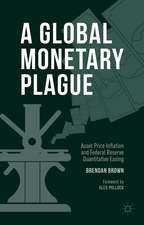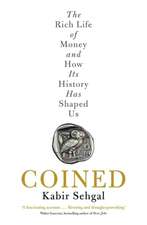The Backward Art of Spending Money
Autor Wesley Mitchellen Limba Engleză Paperback – 31 iul 1999
| Toate formatele și edițiile | Preț | Express |
|---|---|---|
| Paperback (1) | 425.86 lei 6-8 săpt. | |
| Taylor & Francis – 31 iul 1999 | 425.86 lei 6-8 săpt. | |
| Hardback (1) | 1000.27 lei 6-8 săpt. | |
| Taylor & Francis – 29 ian 2018 | 1000.27 lei 6-8 săpt. |
Preț: 425.86 lei
Nou
Puncte Express: 639
Preț estimativ în valută:
81.51€ • 88.57$ • 68.52£
81.51€ • 88.57$ • 68.52£
Carte tipărită la comandă
Livrare economică 21 aprilie-05 mai
Preluare comenzi: 021 569.72.76
Specificații
ISBN-13: 9780765806116
ISBN-10: 0765806118
Pagini: 502
Dimensiuni: 152 x 229 x 25 mm
Greutate: 0.68 kg
Ediția:1
Editura: Taylor & Francis
Colecția Routledge
Locul publicării:Oxford, United Kingdom
ISBN-10: 0765806118
Pagini: 502
Dimensiuni: 152 x 229 x 25 mm
Greutate: 0.68 kg
Ediția:1
Editura: Taylor & Francis
Colecția Routledge
Locul publicării:Oxford, United Kingdom
Notă biografică
Wesley Clair Mitchell, Eli Ginzberg
Cuprins
The Backward Art of Spending Money and Other Essays; 1: The Backward Art of Spending Money 1; 2: Quantitative Analysis in Economic Theory 1; 3: Statistics and Government 1; 4: Institutes for Research in The Social Sciences 1; 5: Research in The Social Sciences 1; 6: The Social Sciences and National Planning 1; 7: Intelligence and The Guidance of Economic Evolution 1; 8: Making Goods and Making Money 1; 9: The Role of Money in Economic Theory 1; 10: Bentham’s Felicific Calculus 1; 11: Postulates and Preconceptions of Ricardian Economics 1; 12: Wieser’s Theory of Social Economics 1; 13: Sombart’s Hochkapitalismus 1; 14: Thorstein Veblen 1; 15: Commons on Institutional Economics 1; 16: The Prospects of Economics 1; 17: Economics 1904-1929 1; 18: Business Cycles
Descriere
Nearly 85 years ago, Wesley Clair Mitchell, the acknowledged leader of American economists during the first half of this century, wrote: "Important as the art of spending is, we have developed less skill in its practice than in the practice of making money
